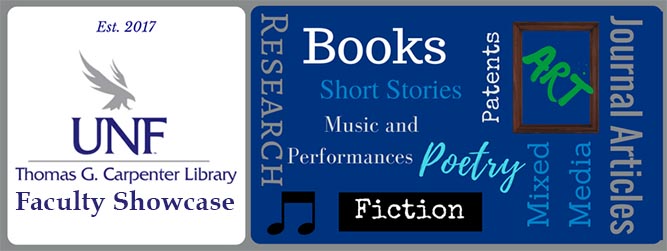
College
Arts and Sciences
Department
Languages, Literatures and Cultures
Rank
Associate Professor
"Hacia un modelo para el marcado semántico de los textos marítimos de la época colonial"
Type of Work
Book Chapter
Publication Information
McCarl, Clayton. "Hacia un modelo para el marcado semántico de los textos marítimos de la época colonial." Docta y Sabia Atenea. Studia in honorem Lía Schwartz, edited by Sagrario López Poza et al., Universidade da Coruña, 2019, pp. 545-60.
Description of Work
This article considers a preliminary model for the semantic marking of maritime texts from the colonial period in Latin America. The author first locates semantic marking as an intellectual activity, and proposes a general approach to the markup process. He then outlines a provisional design for the encoding of maritime texts, based on four functional categories, and subsequently identifies some of the procedural and conceptual problems that his scheme presents. The author concludes by reflecting on ways that issues of perspective are central when attempting to carry out semantic markup.
Rights Statement
http://rightsstatements.org/vocab/InC/1.0/
"Hacia un modelo para el marcado semántico de los textos marítimos de la época colonial"
This article considers a preliminary model for the semantic marking of maritime texts from the colonial period in Latin America. The author first locates semantic marking as an intellectual activity, and proposes a general approach to the markup process. He then outlines a provisional design for the encoding of maritime texts, based on four functional categories, and subsequently identifies some of the procedural and conceptual problems that his scheme presents. The author concludes by reflecting on ways that issues of perspective are central when attempting to carry out semantic markup.


Biographical Statement
Clayton McCarl is an associate professor of Spanish at the University of North Florida. He leads coloniaLab (colonialab.org), a workshop for the collaborative edition of manuscripts and rare print books related to colonial Latin America. He also is the co-founder of two international scholarly collectives: The Alliance for Digital Research on Early Latin America (adrela.net) and Grupo de Estudio Internacional “Piratería de la Edad Moderna Temprana” (grupoestudiopirateria.org).